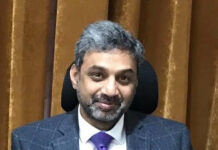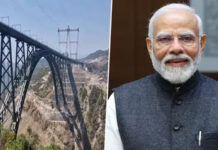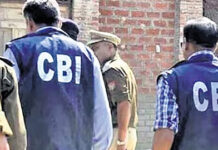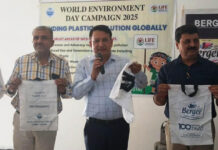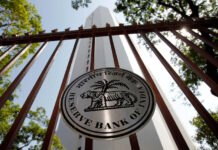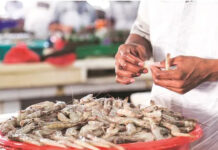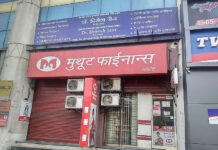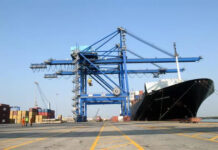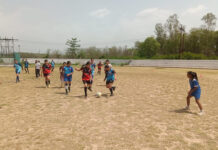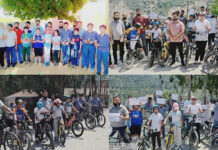Financial Commissioner Revenue, Dr Pawan Kotwal, today launched 1st Census of Water Bodies of Jammu and Kashmir during a function which was attended by Director Planning and Tehsildars of District Srinagar and Budgam. The Census of Water Bodies will capture information on important parameters of water bodies like their number, size, condition, type of use, storage capacity etc irrespective of their use both in rural and urban areas of Jammu and Kashmir so that a sound data base on water bodies could be worked out for effective planning and policy formation besides a useful reference for the researchers. Census of Water Bodies will be controlled and monitored at central level by the Ministry of Water Resources, River Development and Ganga Rejunvation, GoI and by the office of Financial Commissioner, Revenue at UT level. Financial Commissioner, while highlighting the importance of the census, informed that the Development departments viz. Agriculture Production Department, Horticulture Development and PHE and Irrigation and Flood Control Department will be immensely benefitted by it will play a significant role in planning for future. Meanwhile, mobile phones required for capturing the online data of water bodies were also distributed among the Tehsildars. Pertinently, the Parliamentary Standing Committee on examination of Demand of Grants of the Ministry of Water Resources, River Development and Ganga Rejuvenation, GoI recommended conduct of Census of Water Bodies along-with Minor Irrigation Census in order to capture information on important parameters of water bodies. Accordingly, Census of Water Bodies is being conducted along with 6th Minor Irrigation Census. In the Census of Water Bodies, a water body defined as all natural or man-made units bounded on all sides with some or no masonry work used for storing water for irrigation or other purposes will be treated as water bodies. A structure where water from ice-melt, streams, springs, rain or drainage of water from residential or other areas is accumulated or water is stored by diversion from a stream, nalla or river will also be treated as water body. Besides, filling of Water Body Schedules by the field functionaries, the provision for capturing photographs along with its latitude and longitude is also kept in this Census.

Dogra Herald is the media of J & K, breaking language and geographical barriers, connecting J & K to the rest of India.
0191 245 4946
info@dograherald.com
Latest articles
ICMR advises use of hydroxy-chloroquine
iamjkstarr - 0
ICMR Director General BalramBhargava on Monday advised the use of hydroxy-chloroquine for health workers engaged in the medicare of suspected or confirmed COVID-19 cases...
CM Stalin owes explanation on former DMK functionary’s role in drug smuggling: AIADMK
Chennai, Mar 8The opposition AIADMK on Friday demanded that Tamil Nadu Chief Minister M K Stalin clarify how a former DMK functionary...
Dy CM addresses 2-day National Conference on EEITET at GCET Jammu
Stresses for Infra Development, Research Funding, Industrial Collaboration for young minds
DH NEWS SERVICEJAMMU, Apr 22The government intends to...

